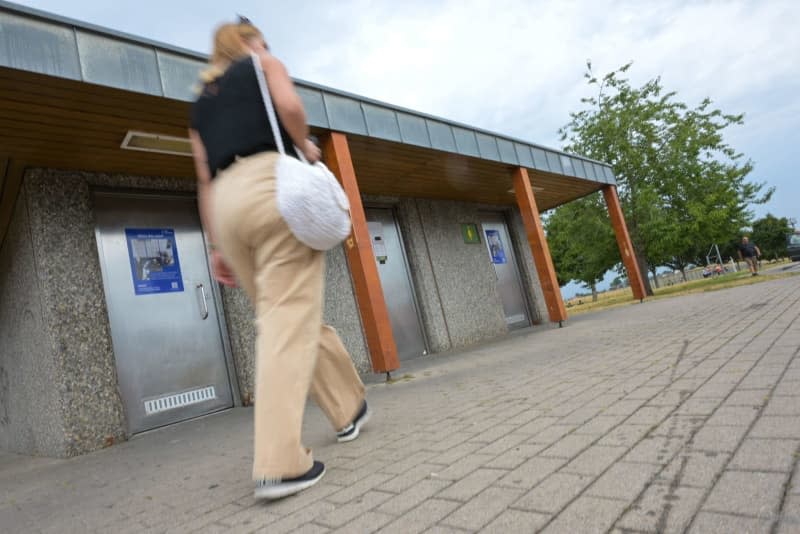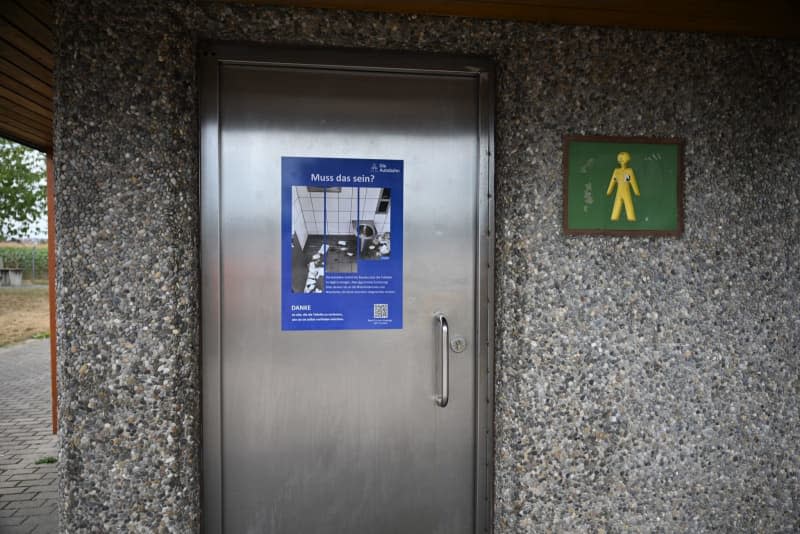“Faeces on the walls and floors,” says a disgusted Christine Baur-Fewson, head of regional body responsible for Germany’s Autobahn. “I see this as a physical assault on our (cleaning) staff.”
Germany’s Autobahn motorways are world famous, if not for their pristine conditions, then for having no speed limits at times.
However cross-country drivers are facing nightmarish scenarios when nature calls. Motorway toilets across the country are notorious for having abysmal conditions.
According to Autobahn GmbH, the body responsible for motorway service lay bys or “rest areas”, the toilets are cleaned three times a day. And yet they routinely become filthy again in a short space of time.
“The recklessness of a few is costing taxpayers a lot of money. Cleaning the toilets in the south-west (of Germany) alone costs €3 million a year,” says Baur-Fewson.
For her colleagues responsible for the toilets, cleaning up is not only disgusting, but also poses a health risk, she says.
The southern state of Baden-Württemberg, home to major German car brands like Mercedes-Benz, Porsche and Audi, is fed up with the problem and now launching a poster campaign to appeal for better hygiene.
“Is this really necessary?” asks a new series of posters showing an original photo of a filthy toilet where faeces can be seen lying on the floor beside a dirty toilet bowl and large piles of toilet paper.
The posters will initially be displayed at all motorway toilets in the region of the Stuttgart, the city home to the Mercedes-Benz Group.
If they are deemed to have a positive effect, they will be rolled out to further areas in Germany’s south-west.
Germany’s highways are famed for lacking a speed limit, though there are plenty of stretches where limits are set. Those are balanced out by long stretches where drivers can move as fast as their Audis, BMWs or Porsches can carry them.
In the context of the climate crisis, lawmakers have long been hotly debating efforts to stop drivers speeding on one of the world’s few remaining motorways where you can legally – and considerably safely – reach speeds of over 300 km/h.













